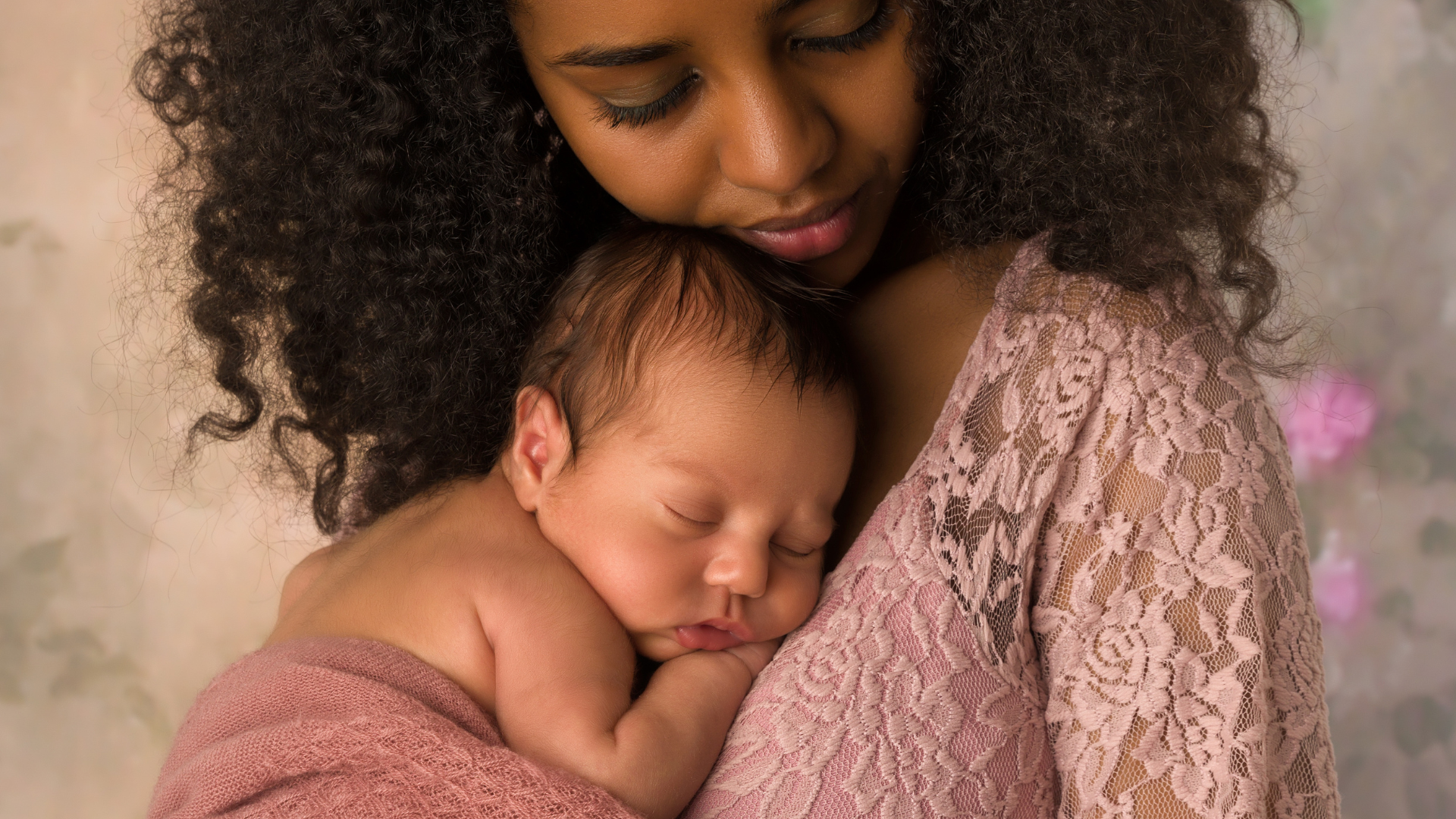Congratulations, Mama!
You’ve brought new life into the world! Everyone is telling you to be happy, and you deserve to be, but there’s a problem: you just feel…off. You’re unhappy and don’t know who to tell because of the fear of being judged. We want you to know this: your emotions are valid.
The “acceptable” picture painted by society following childbirth is one of joy, happiness, and overwhelming love. But for many women, the reality is different, and they often find themselves battling sadness, anxiety, and depression. Beneath the joy and relief of bringing new life into the world lies an unspoken, often stigmatised, but equally important topic: postpartum depression. So, let’s talk about it openly, break it down, and understand how to recognise and handle postpartum depression.

The Science Behind Postpartum Depression
Your reproductive health, from your menstrual cycle to pregnancy, and to the post-partum period, is heavily regulated by hormones. After childbirth, your oestrogen and progesterone levels, the hormones that were sky-high during your pregnancy, significantly drop within days of delivery.
These sudden drops can trigger mood changes, including depression. When you add the stress of childbirth, the physical recovery period, sleep deprivation due to the constant demands of a newborn, and the pressure to be the perfect mother, it is no surprise that many women struggle emotionally during this time. It’s also important to recognise that not all postpartum mood changes are the same.
Baby Blues Or Postpartum Depression (PPD)?
Many new mothers experience the “baby blues”- crying spells, anxiety, or mood swings. These symptoms are temporary and typically last from a few days to 2 weeks after childbirth.
However, the symptoms of PPD are more intense and last longer. It isn’t just about feeling sad, it can make many mothers feel unmotivated or even feel like they’re failing. You’re not failing and you’re not a bad mum. You’re just experiencing something that many women go through. These are the symptoms of PPD:
- Constant feelings of sadness or hopelessness
- Extreme fatigue or difficulty sleeping
- Intense anxiety or panic attacks
- Loss of interest in things you once enjoyed
- Difficulty bonding with your baby
- Feeling like you’re not a good mother
- Intrusive or scary thoughts (like thoughts of harm coming to you or your baby)
Unlike baby blues, PPD affects your ability to function. It can last weeks to months and may worsen without proper treatment and support.
Postpartum Psychosis (PPP)
This is a more severe form and is considered a medical emergency. The symptoms are:
- Hallucinations (seeing or hearing things that aren’t there)
- Delusions (strong false beliefs that don’t align with reality)
- Extreme confusion and disorientation
- Manic or erratic behavior
- Paranoia and suspicion
- Thoughts of harming oneself or the baby
Important Note: PPP requires immediate medical attention. It is not the mother’s fault, and with treatment, recovery is possible.
How To Navigate Postpartum Depression
By now, you’re probably thinking, how can this be treated? Is there hope? The good news is, there is. PPD can feel daunting, but there are strategies you can use to help you heal and thrive. Here are some steps to help you navigate this period and come out strong:
- Talk about it: Open up to a trusted friend, your partner, or your family member. Expressing your emotions can help you feel heard and less alone. Sharing your feelings isn’t a sign of weakness, but a show of great strength.
- Seek professional help: You can talk to a licensed doctor or a therapist. They can help guide you through the various treatment options. Don’t know where to start? You can begin by clicking the “ASK” icon at the bottom of your screen to speak to a licensed medical professional.
- Support groups: Connecting with other mothers who have either gone through or are going through PPD can make a whole lot of difference. Remember, you’re not alone. Many women have walked this dark path and have found healing. You can do it as well.
- Prioritise your self-care: This may be hard, but it is not impossible. Take breaks when you can, accept help from your loved ones, and engage in activities that bring you joy, even for a few minutes. Be kind to yourself and celebrate “small” wins.
Final Thoughts
Motherhood is beautiful, but it can also be challenging. PPD can make you feel guilty for not “enjoying” motherhood. Do NOT let it define you. It’s important to understand that you’re human and you’re not perfect. Remember, there’s no shame in struggling, and it’s more than okay to seek help when you feel overwhelmed with your emotions.
So, dear mother, there’s light at the end of the tunnel, no matter how dark it may seem, and you can get through this!
References
Baby Blues and Postpartum Depression: Mood Disorders and Pregnancy | Johns Hopkins Medicine.





